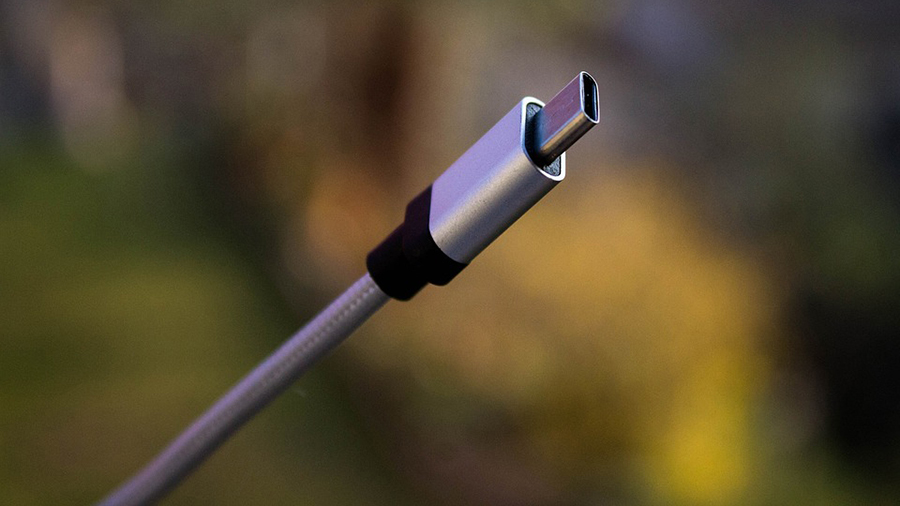

If Apple wants to sell its next iPhone in the European Union this autumn it may have to adopt a USB-C charging port. A provisional agreement will require all new portable electronic devices to use a USB Type-C charger.
The ruling is due to cover not just mobile phones but also tablets, headphones, portable game consoles and portable speakers. While many companies have already moved to a USB-C port for charging, Apple's Lightning port would presumably not be acceptable – even if its power lead has a USB-C on the wall end.
There has been much debate about whether the next iPhone – expected to be the iPhone 14 – would finally adopt the USB-C port as Apple's iPads have already made the switch. However, this news from Europe could be the tipping point.
While the EU rule won't affect sales in the United States or UK (though, could potentially affect Northern Ireland), Apple is unlikely to produce a separate version purely for the European market.
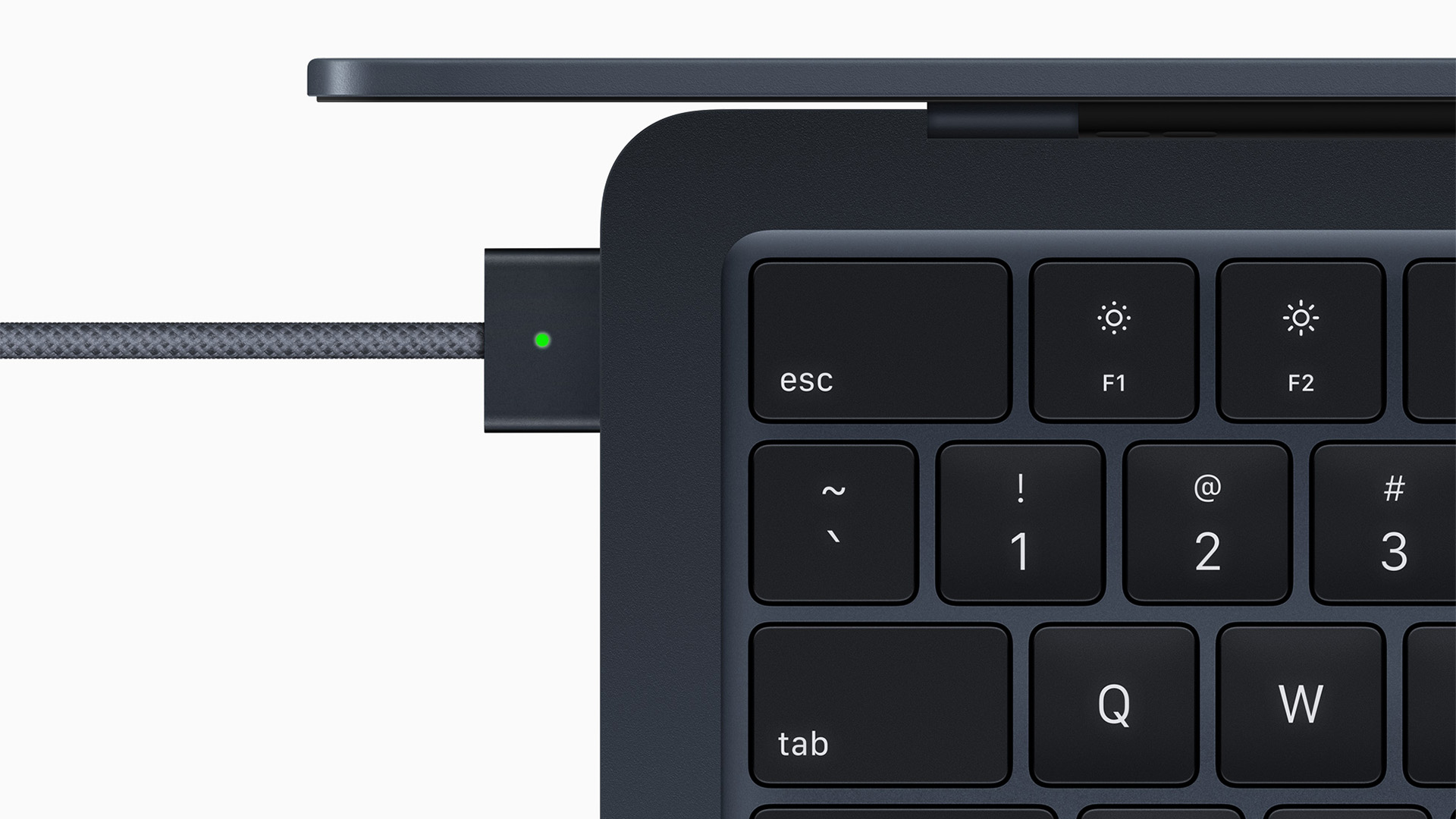
Could Apple's return to MagSafe be affected?
One interesting addition in the report from the BBC is that laptops would also be forced to follow the ruling but given a further 40 months to make the change. That means that even if the rule came into effect this autumn, new laptops wouldn't need to use USB-C charging until spring 2026.
Apple's current line-up of MacBook Pro models already uses USB-C charging, though the newly announced MacBook Air M2 saw a return to a proprietary MagSafe charging option. Of course, even the new MacBook Air is able to charge by USB-C, through its Thunderbolt ports, which may be enough.
The agreement also requires new products to be made available without a charging lead included. This is aimed at reducing waste, so not supplying a lead if the user already has one. As this simply allows the companies to take the cable out of the box, I doubt this will be an issue for many.
Sign up to the T3 newsletter for smarter living straight to your inbox
Get all the latest news, reviews, deals and buying guides on gorgeous tech, home and active products from the T3 experts
As I've previously stated, Apple could circumvent the rule by moving to purely wireless charging – as the rule only covers wired options. However, that seems unlikely, at least for this year's phones.
As T3's Editor-in-Chief, Mat Gallagher has his finger on the pulse for the latest advances in technology. He has written about technology since 2003 and after stints in Beijing, Hong Kong and Chicago is now based in the UK. He’s a true lover of gadgets, but especially anything that involves cameras, Apple, electric cars, musical instruments or travel.
-
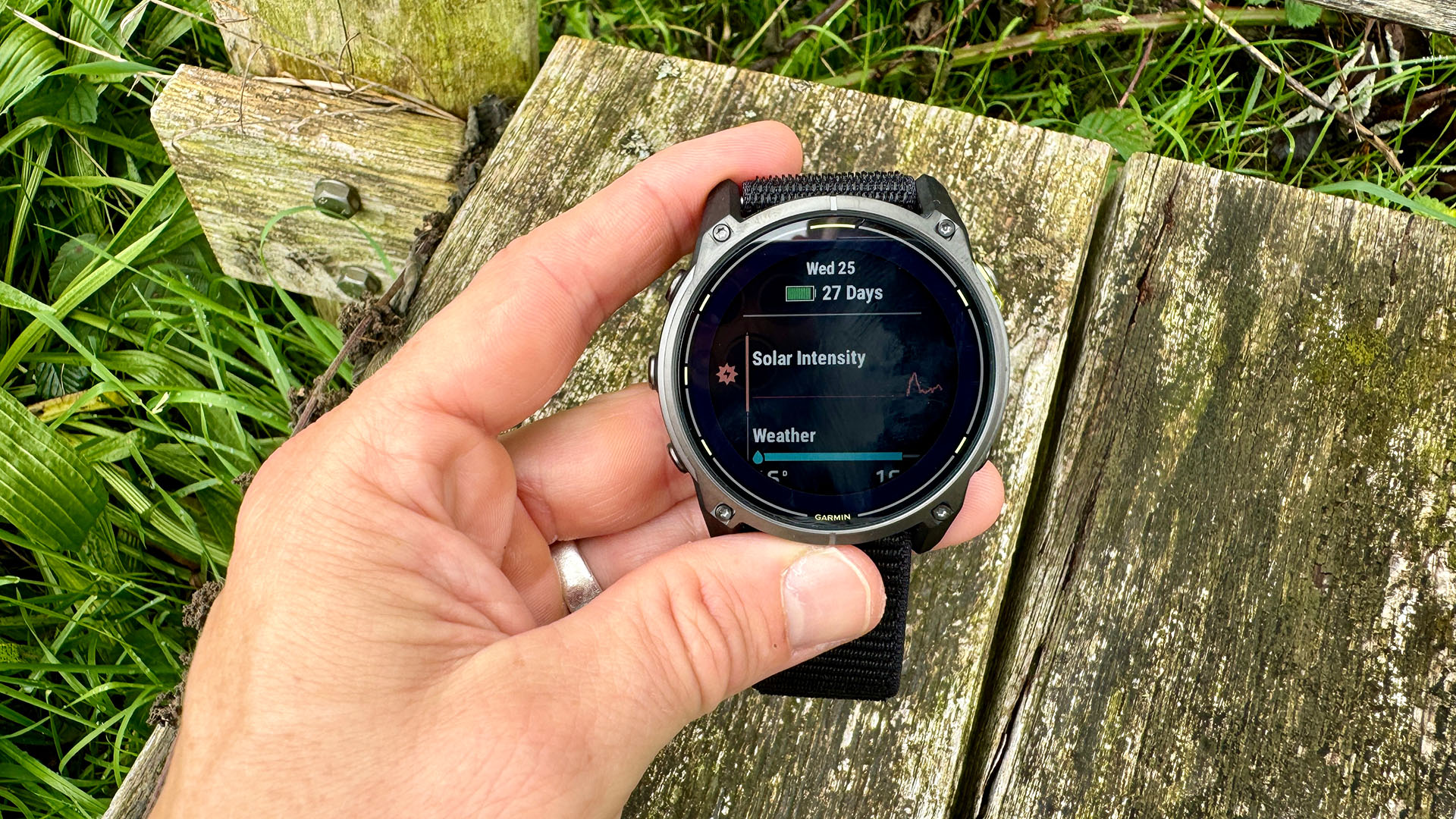 Garmin’s on a mission to update your wrist into oblivion as 100+ tweaks land on Fenix and Enduro watches
Garmin’s on a mission to update your wrist into oblivion as 100+ tweaks land on Fenix and Enduro watchesThe latest beta update looks comprehensive
By Matt Kollat Published
-
 5 reasons you should be excited about the brand new Samsung Bespoke AI Jet Ultra
5 reasons you should be excited about the brand new Samsung Bespoke AI Jet UltraNot sure if it’s obvious... but I can't wait to try it
By Lizzie Wilmot Published
-
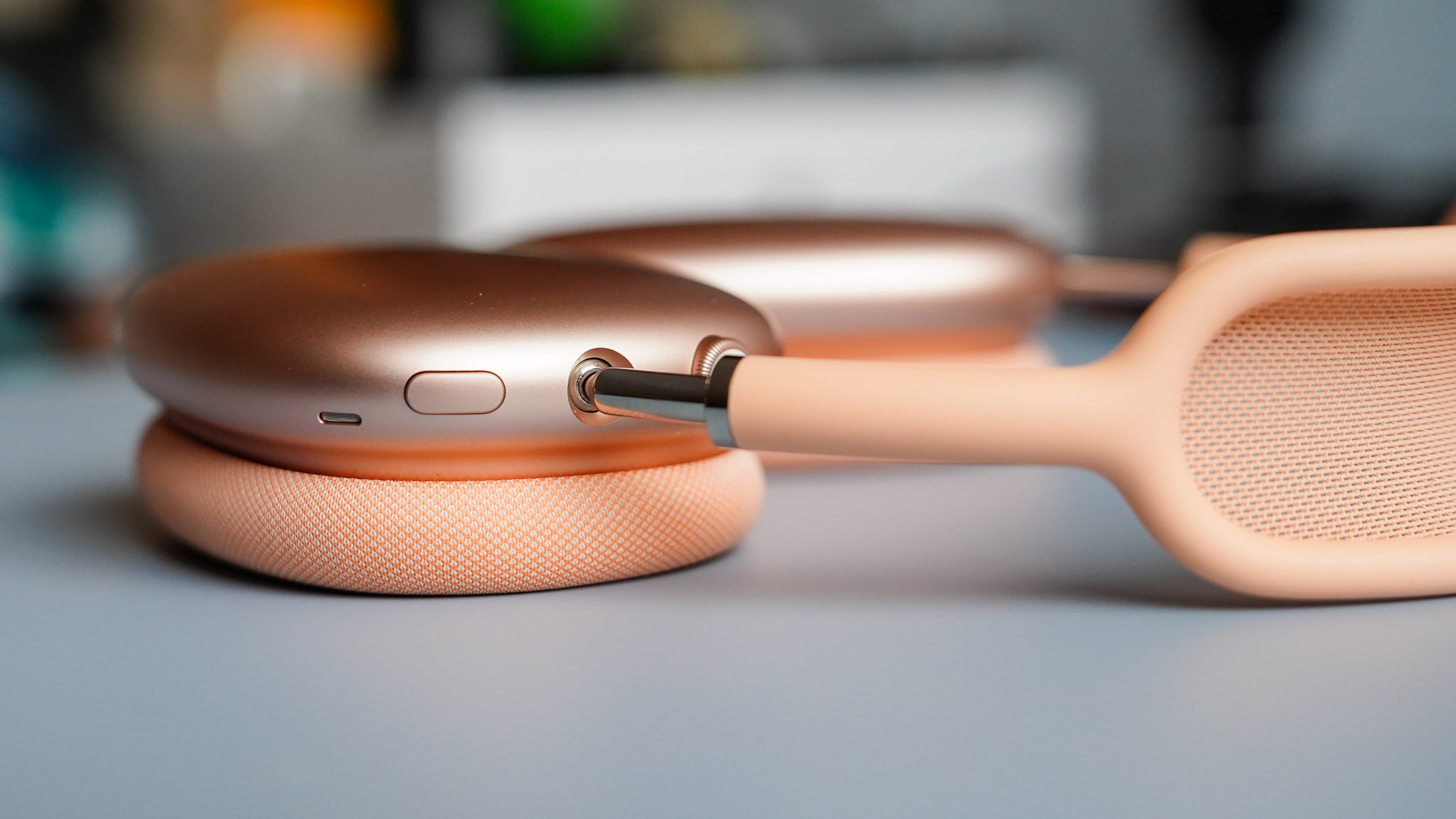 AirPods Max finally get the great free upgrade Apple promised
AirPods Max finally get the great free upgrade Apple promisedHere's how to make sure your headphones are running the right firmware
By Britta O'Boyle Published
-
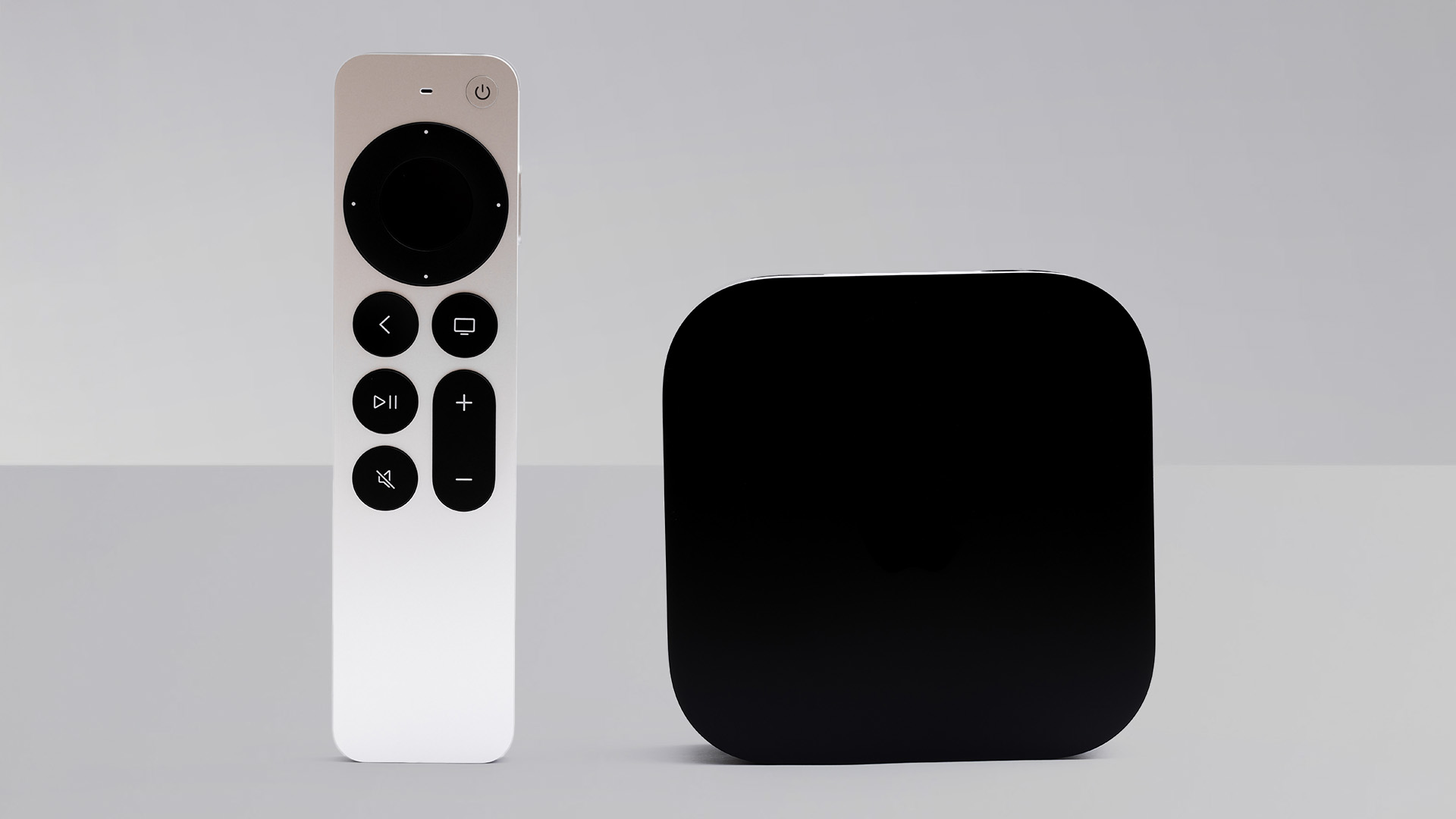 Apple TV gets a free update that makes it more simple to use
Apple TV gets a free update that makes it more simple to useApple has released tvOS 18.4 with a few design tweaks for its TV boxes
By Rik Henderson Published
-
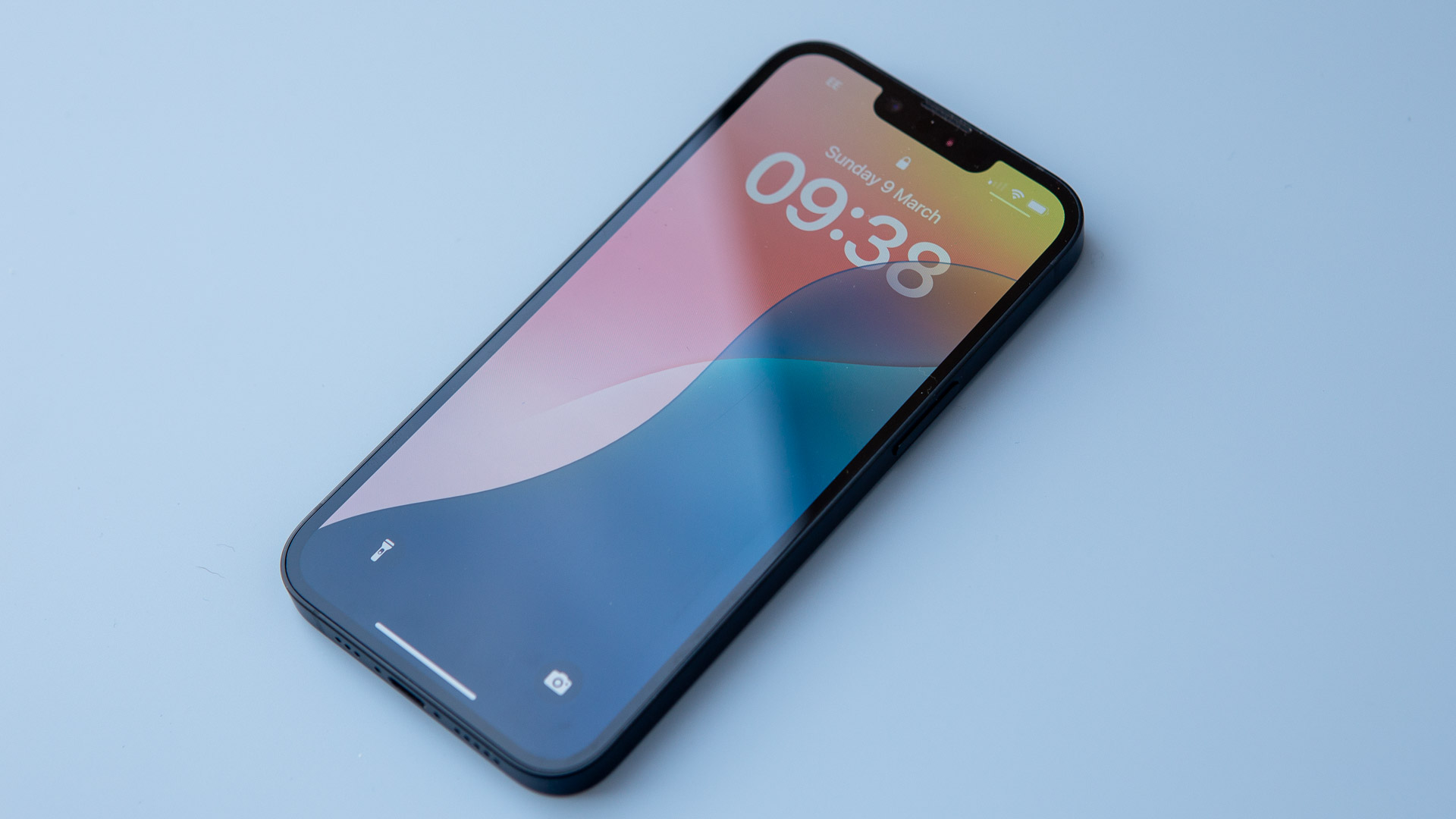 Your iPhone gets some new tricks - here’s what it can do now
Your iPhone gets some new tricks - here’s what it can do nowThe new emojis and priority notifications are probably our favourite
By Britta O'Boyle Published
-
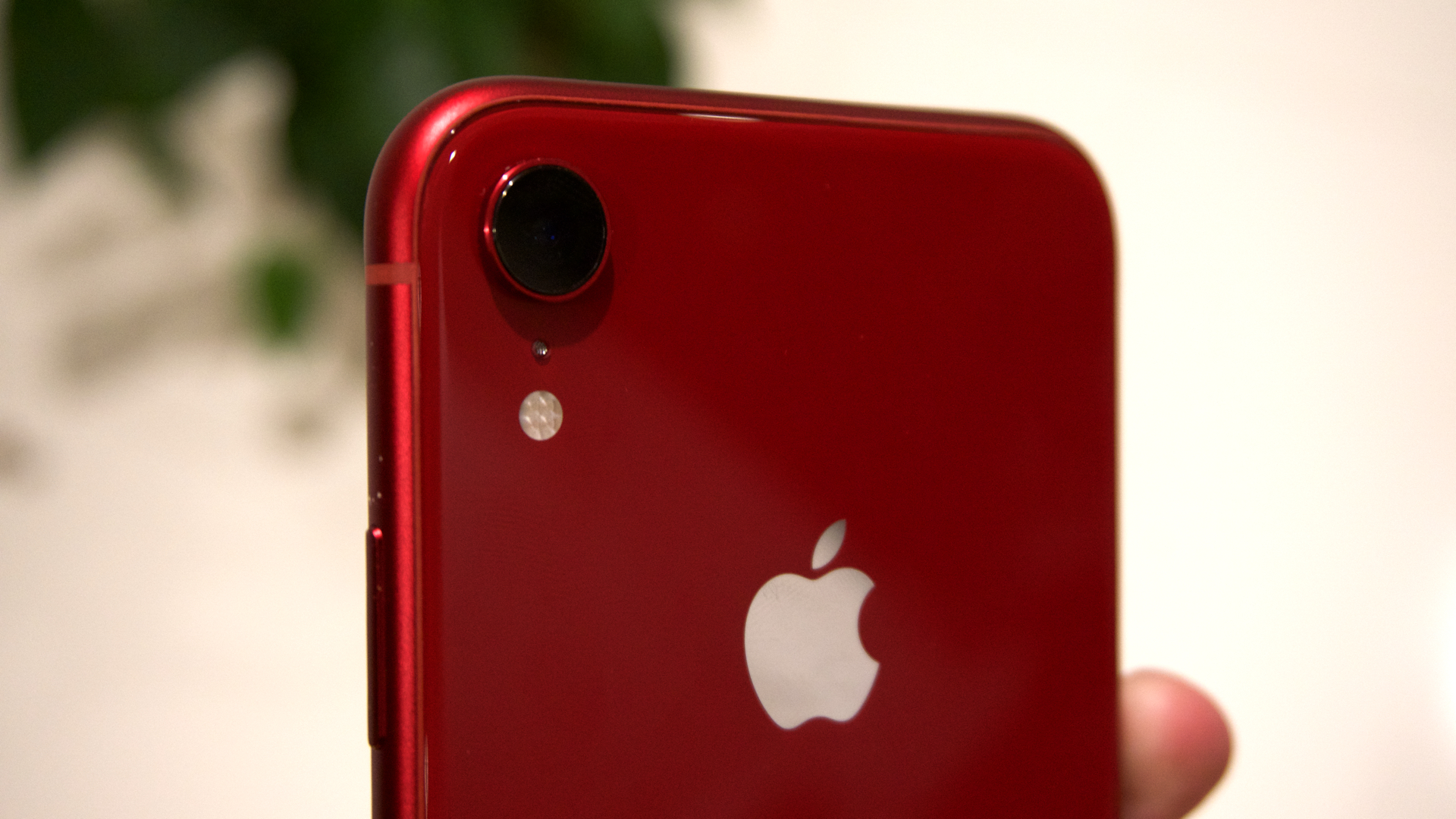 Older iPhones at risk of being left behind when iOS 19 arrives – is your device one of them?
Older iPhones at risk of being left behind when iOS 19 arrives – is your device one of them?Apple will reportedly drop three iPhone models when it comes to the iOS 19 update
By Carrie Marshall Published
-
 Your next MacBook Pro could be a game-changer for three good reasons
Your next MacBook Pro could be a game-changer for three good reasonsApple will reportedly upgrade next year's MacBook Pro in three major ways
By Rik Henderson Published
-
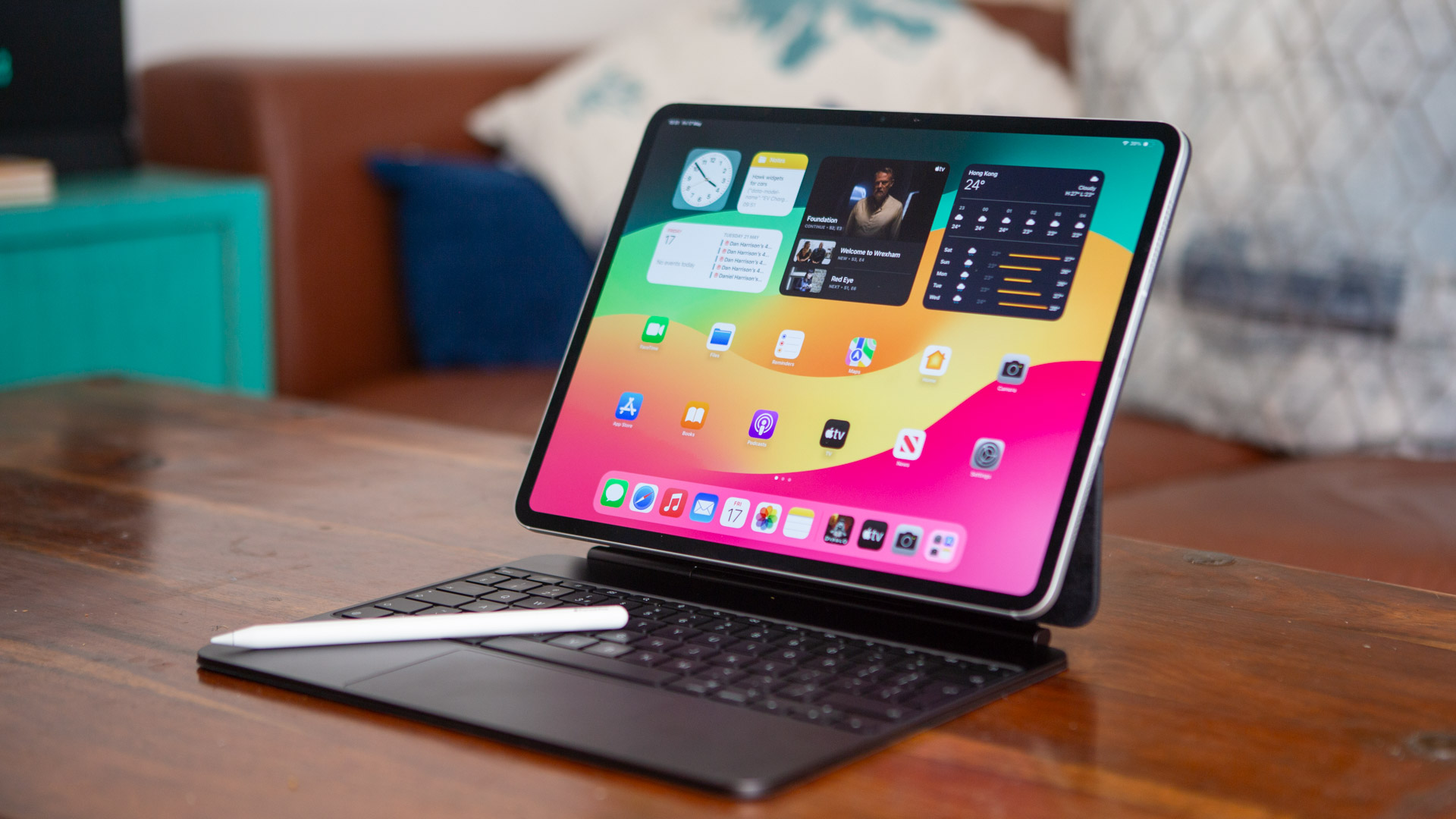 M5 iPad Pro on schedule for release this year, claims expert
M5 iPad Pro on schedule for release this year, claims expertApple's best tablet is reportedly getting even more power in late 2025
By Carrie Marshall Published
-
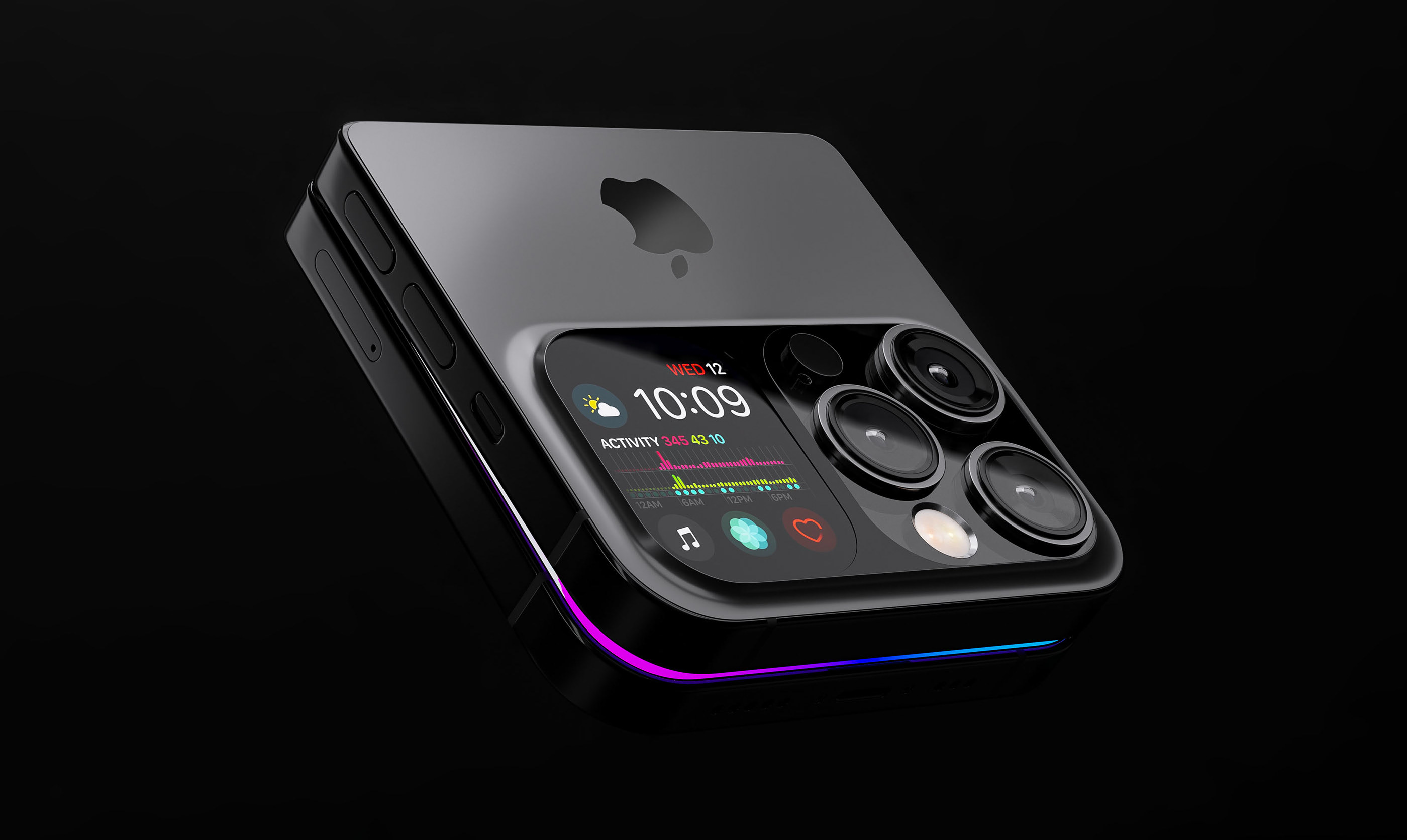 New evidence suggests Apple's taking its foldable iPhone seriously
New evidence suggests Apple's taking its foldable iPhone seriouslyAnd it might bring something different to the party too
By Britta O'Boyle Published
-
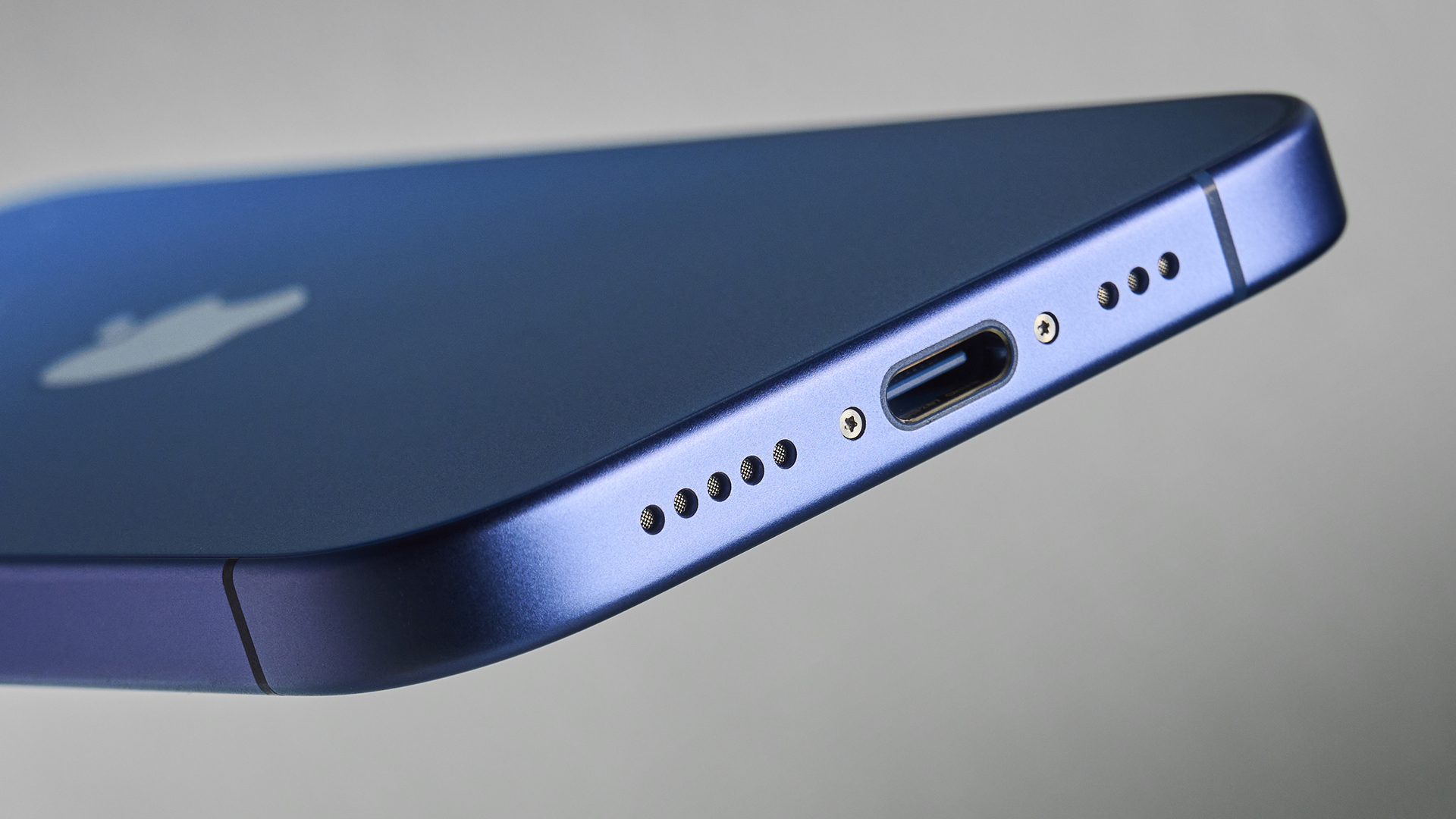 EU paves the way for iPhones and Android devices to ditch USB-C entirely
EU paves the way for iPhones and Android devices to ditch USB-C entirelyClarification enables Apple, Samsung and others to switch to wireless charging only
By Rik Henderson Published